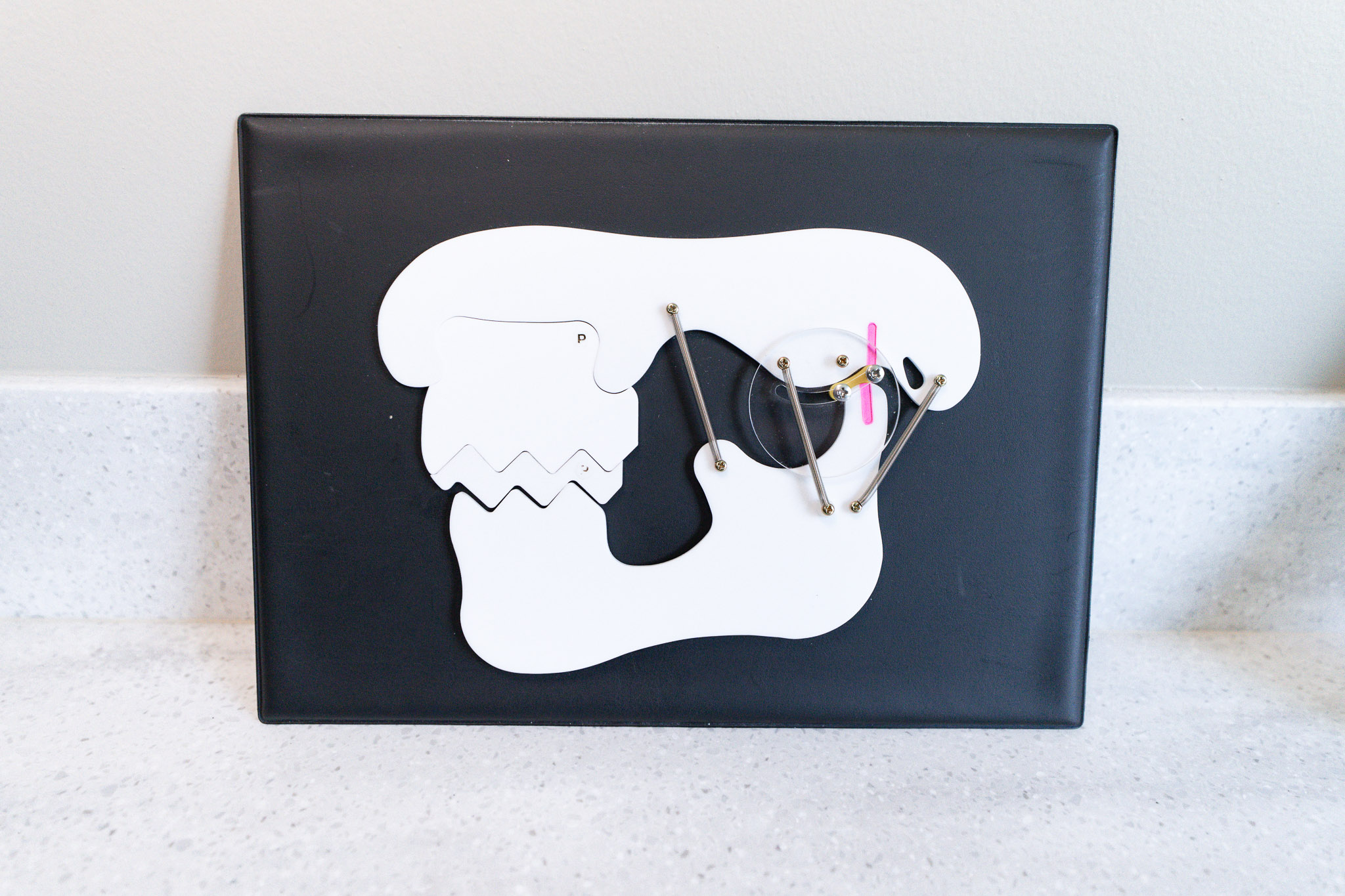Do you suffer from frequent headaches in the morning? Reoccurring jaw pain? You may need TMJ treatment in Tulsa, OK.
Temporomandibular joint disorders (TMJ/TMD) can be a debilitating condition that includes neck pain that may spread to the shoulders, jaw pain, migraines, difficulty chewing, and the inability to fully open or close your mouth.
At Henrich Dental we use several treatments such as Botox or an orthodontics device to treat your TMJ disorder symptoms.
Problems with the temporomandibular joint often happen because of a misaligned bite, or through grinding and clenching teeth at night. If you start noticing the symptoms, contact us immediately. We will work with you, one-on-one, to determine the best solution for immediate relief.
What is a Temporomandibular Joint Disorder (TMJ)?
The term TMJ actually refers to the jaw joint, or temporomandibular joint. This joint is where the jaw attaches to the skull and it facilitates speaking and chewing. If there is stress in this joint due to an imbalance somewhere in the jaw or teeth grinding, it can lead to many painful symptoms.
The common symptoms of TMJ include:
- Headaches, including migraines
- Jaw pain and dysfunction (clicking, popping and locking)
- Difficulty chewing
- Neck and shoulder discomfort, pain and stiffness
- Ear pain or loss of hearing
- Ringing or pressure in the ears
- Stiffness or pain in the joints of your jaw
- Tenderness or swelling in the face
- Jaws that lock
- Hindered ability to open or close your mouth
- Clicking, grating, or popping noises
- An uncomfortable bite
Dr. Henrich will evaluate your occlusion, or bite, during routine visits and look for signs of teeth grinding such as worn or damaged teeth. Reducing the tension in the TMJ caused by malocclusion or teeth grinding will alleviate headaches and other possible symptoms. This can be accomplished with appropriate treatment and addressing the underlying cause for lasting comfort and a healthy smile.

TMJ Therapy at Henrich Dental
The temporomandibular joint is used for talking, eating, swallowing, and a range of other activities. If we determine that your TMJ is the source of your pain, it can interfere with a lot of things you do every day.
Botox
Botox is a cosmetic treatment but also a TMJ treatment we provide in Tulsa, OK. We use Botox injections to relax the facial muscles that cause tension or pain in the jaw. When injected into the affected muscles, you can experience immediate relief from headaches and stress.
Night Guard
Depending on your situation, Dr. Henrich may recommend an oral appliance. He can make a custom TMJ night guard that fits over your teeth. You wear the TMJ appliance when asleep to correct your jaw position and reduce teeth grinding.
Wearing this appliance can stop tooth wear, reduce headaches caused by jaw tension, and protect your teeth from further damage. Dr. Henrich will examine your jaw and teeth to determine if this could be a good solution for you.
Patient Review
Treatment for TMJ Headaches
Your treatment will depend on the severity of your problem and whether there is a need for tooth repair or realigning the bite.
- Orthotic: One simple approach is to use a custom-made orthotic device. This is like a mouthguard that fits perfectly to your teeth. It’s often the first thing we try, especially if you grind your teeth at night but don’t yet have visible damage. The orthotic helps position your jaw properly and reduces muscle strain that causes pain.
- Restorative Dentistry: If your teeth are already worn down or damaged from grinding, we might suggest restorative treatments. This could include tooth bonding to fix small chips or dental crowns to rebuild severely damaged teeth. Sometimes just adjusting your bite slightly can make a big difference in relieving TMJ pain.
- Orthodontics: For people whose TMJ problems come from crooked teeth or a bad bite, braces might be the best solution. Straightening your teeth can improve both your smile and your jaw function. A balanced bite often reduces or eliminates painful headaches.
If you have been experiencing recurring headaches or migraines with no relief from traditional treatment options, discuss your concerns with us at your next visit!
TMJ Treatment FAQs
Discover more about TMJ treatment in our Tulsa, OK, dental office with answers to these common questions:
What is the best treatment for TMJ?
Most patients find that a custom oral appliance is their best option to manage and treat their TMJ symptoms. A custom oral appliance is the most common treatment for patients with mild to moderate TMJ pain.
If your dentist in Tulsa, OK finds that you do not have oral deformities or severe malocclusion, you will most likely be prescribed an oral appliance.
How long does it take for TMJ to go away?
The length of treatment and when you start seeing results depends heavily on the severity of your issue, and the treatment type.
More conservative treatments can take a little longer to see results. Unfortunately, mild and unaddressed TMJ can last a lifetime without the patient knowing they have it.
Can sleeping on your side cause TMJ?
Sleeping on your side, without other factors involved, does not cause TMJ. However, it does cause TMJ issues to become worse. Side sleepers with TMJ issues may need to adjust their sleeping position to help reduce the harm and side-effects of TMJ. Sleeping face-up is the best way to sleep if you have a TMJ disorder.
Treat TMJ Problems Today
Enriching lives is what we do here at Henrich Dental. Call us for TMJ treatment in Tulsa, OK today at (918) 262-4731 to schedule a worry-free consultation. You can also request an appointment online.
